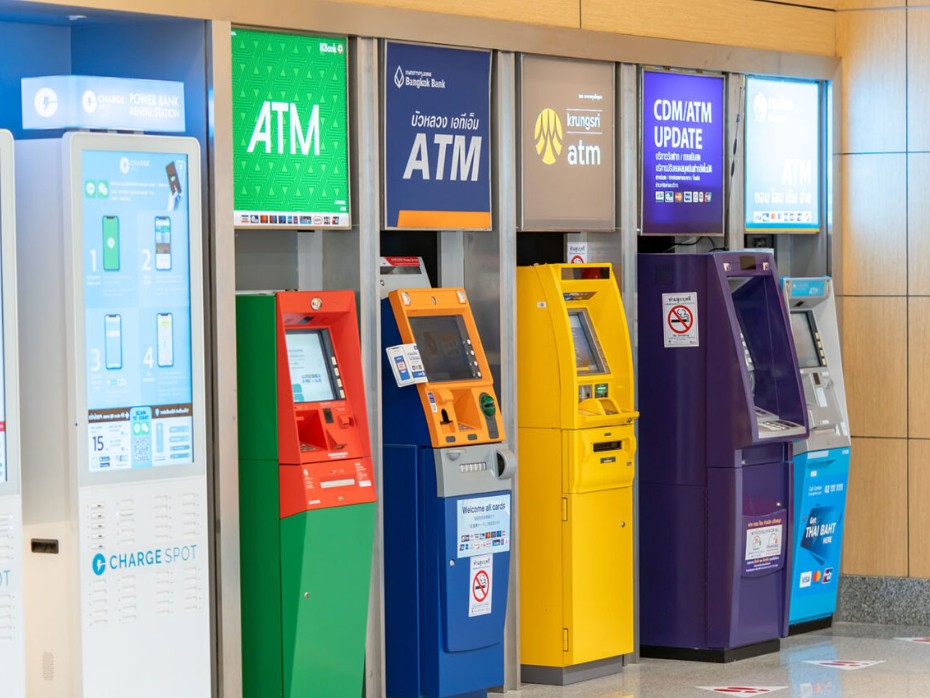For anyone planning to live, work, or retire in Thailand, opening a local bank account is one of the smartest first steps. A Thai bank account lets you receive payments in baht, transfer money locally, and avoid expensive international card fees. While banks have tightened their requirements slightly in 2025—particularly around visa and address verification—it’s still perfectly possible for expats with the right paperwork.
Required Documents and Essentials
Before you visit the bank, make sure you have the correct documents. Having everything prepared will save time and prevent multiple trips.
- Passport: Bring the original and photocopies of your photo and visa pages.
- Valid Visa: Non-immigrant (B, O, ED), LTR, or retirement visas are the easiest to work with.
- Proof of Address: Lease agreement, utility bill, or a residence certificate from Immigration.
- Supporting Documents: Work permit, company letter, school confirmation, or BOI/LTR paperwork if applicable.
- Thai Phone Number: Needed for SMS verification and online banking activation.
- Initial Deposit: Usually between THB 500 and THB 2,000, depending on the account type.
Step-by-Step Guide to Opening Your Thai Bank Account
- Choose the right bank and account type – Most expats open a savings account, which works for everyday spending and salary deposits.
- Gather your paperwork – Double-check all originals and photocopies before heading out.
- Get a Thai SIM card – Essential for activating mobile banking and receiving verification codes.
- Visit a suitable branch – Choose a location known for serving foreign clients (often in Bangkok, Pattaya, Chiang Mai, or Phuket).
- Submit your application – Complete the forms, provide your documents, and make your opening deposit.
- Activate your card and mobile app – The staff will help set up your PIN, mobile app, and online banking access.
- Keep your passbook or account slip – It includes your account and branch number, useful for transfers and employer payments.
Top Thai Banks for Expats (2026 Update)
Kasikornbank (KBank)
- Accepts non-immigrant visas with proof of employment or purpose of stay.
- Tourist visas are not usually eligible.
- Offers an excellent mobile app and English support at major branches.
Siam Commercial Bank (SCB)
- Requires a passport and valid visa; some branches may request proof of employment or residence.
- Known for modern online banking and English-speaking staff.
- Has one of the widest branch and ATM networks nationwide.
Bank of Ayudhya (Krungsri)
- Opening deposit starts at THB 500 for savings accounts.
- Typically requires a long-term visa and proof of address.
- Popular among foreigners for straightforward account setup and user-friendly digital banking.
Common Issues and How to Avoid Them
- Tourist visas rarely accepted: Opt for a non-immigrant or long-term visa to avoid rejection.
- Missing proof of address: If you don’t have a utility bill, visit Immigration to request a residence certificate.
- Branch discretion: Some locations have stricter policies—choose a branch experienced with foreigners.
- Timing: Arrive early, as most banks stop processing new accounts an hour before closing.
- Digital setup delays: Don’t leave the branch until your online banking is activated.
Pro Tips for a Hassle-Free Experience
- Call ahead to confirm the list of required documents.
- Bring at least two photocopies of all key documents.
- Ask for an English-speaking officer when you arrive.
- Keep extra cash for your opening balance and card fees.
- Register for PromptPay immediately for quick local transfers.
Final Thoughts
Opening a Thai bank account in 2026 is still straightforward for expats who come prepared. The key is to have the correct visa and proof of address, visit the right branch, and ensure your mobile banking works before leaving. Once your account is active, you’ll enjoy smoother financial management—paying rent, receiving salaries in baht, and transferring money within Thailand with ease.
For new residents and long-term expats alike, setting up a local Thai bank account is one of the most practical steps toward a worry-free life in Thailand.




